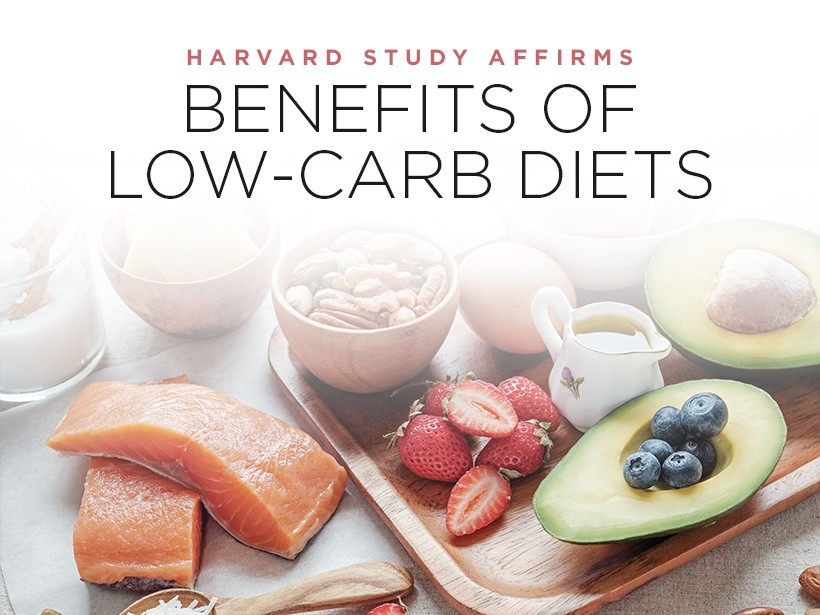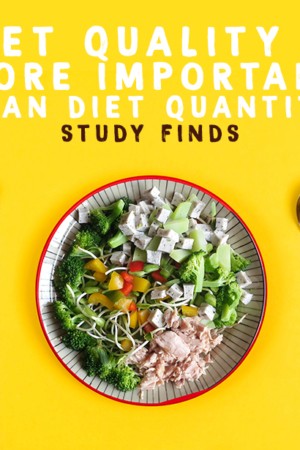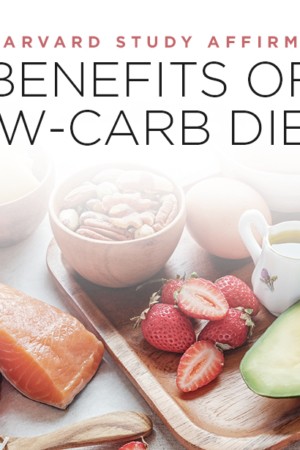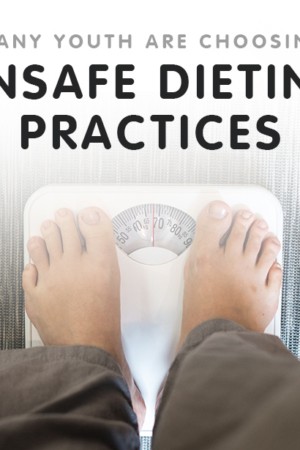A recent study conducted by researchers at Harvard showed something that keto enthusiasts have long proclaimed: not all calories are equal. The team’s findings might surprise many dieters trying to lose weight: counting calories may not be enough to lose weight and keep it off. Instead, “the type of calories you consume may influence how likely you are to keep that weight off for the long term.”1
Low-carb diets: they just work better
Ludwig’s study broke participants into the three groups. Each group was assigned a different composition of macros:
- Group one: 60 percent carbohydrates and 20 percent fat
- Group two: 40 percent carbohydrates and 40 percent fat
- Group three: 20 percent carbohydrates and 60 percent fat
(Each group consumed ~20 percent protein to complete their macros.)
The goal of this diet was to maintain weight so researchers could study the metabolic effect that each diet had. They adjusted total calories appropriately to ensure there was little weight change. They also controlled the exercise to ensure it did not affect the outcome.
What they found was striking.
- The lowest carb group (20 percent carbs) burned an extra 209-278 calories per day when compared to those in the highest carb group (60 percent carbs).
- The moderate carb group (40 percent carbs) also showed a significant advantage over the highest carb group, burning an additional 100 calories per day in comparison.
- The production of ghrelin–an appetite-increasing hormone–significantly decreased in the low-carb group.
- Participants in the low-carb group experienced a greater sensitivity to another hormone, leptin. This hormone sends signals to counteract ghrelin and suppress appetite.
- Ludwig concluded that “This study raises the possibility that a focus on restricting carbohydrates, rather than calories, may work better for long-term weight control.”
Essentially, the lower your carb intake, the higher your metabolism. Why? As a person consumes highly processed carbs (think refined breads, sweets, etc.), the body produces a high level of insulin. This study affirms what researchers theorize: that these high insulin levels “cause energy from the food to be stored more easily as fat, and may increase hunger and food cravings, lower energy expenditure, and promote weight gain.”
Also, the study notes that “The human body is designed to protect itself when it sheds weight…by increasing the urge to eat while slowing down the metabolism and more efficiently storing fat.” Apparently switching to a low-carb diet significantly lessens the impact of this natural process.
What this means for keto
Although this study affirms many claims of keto proponents (especially the idea of macros), going low-carb is not the same as keto. By going to an even lower-carb diet (think five percent of your macros or less), the process of ketosis kicks the body into its most efficient fat-burning mechanisms.
As this research shows, cutting calories isn’t enough to lose weight if you want to keep it off. Instead, we must look deeply into how our bodies convert food to energy. This is the goal of the keto diet: working with your body to burn the right kind of energy in the most efficient way possible.
NUTRITIONAL DISCLAIMER
The content on this website should not be taken as medical advice and you should ALWAYS consult with your doctor before starting any diet or exercise program. We provide nutritional data for our recipes as a courtesy to our readers. We use Total Keto Diet app software to calculate the nutrition and we remove fiber and sugar alcohols, like erythritol, from the total carbohydrate count to get to the net carb count, as they do not affect your blood glucose levels. You should independently calculate nutritional information on your own and not rely on our data. The website or content herein is not intended to cure, prevent, diagnose or treat any disease. This website shall not be liable for adverse reactions or any other outcome resulting from the use of recipes or recommendations on the Website or actions you take as a result. Any action you take is strictly at your own risk.
- Total Keto Diet Featured at DownloadAstro – App of the Day! - July 30, 2019
- Israel’s Yofix Launches Plant-Based Yogurt Alternative - March 4, 2019
- Glycemic Index Versus Glycemic Load: the Science Behind the Carbs - February 20, 2019




